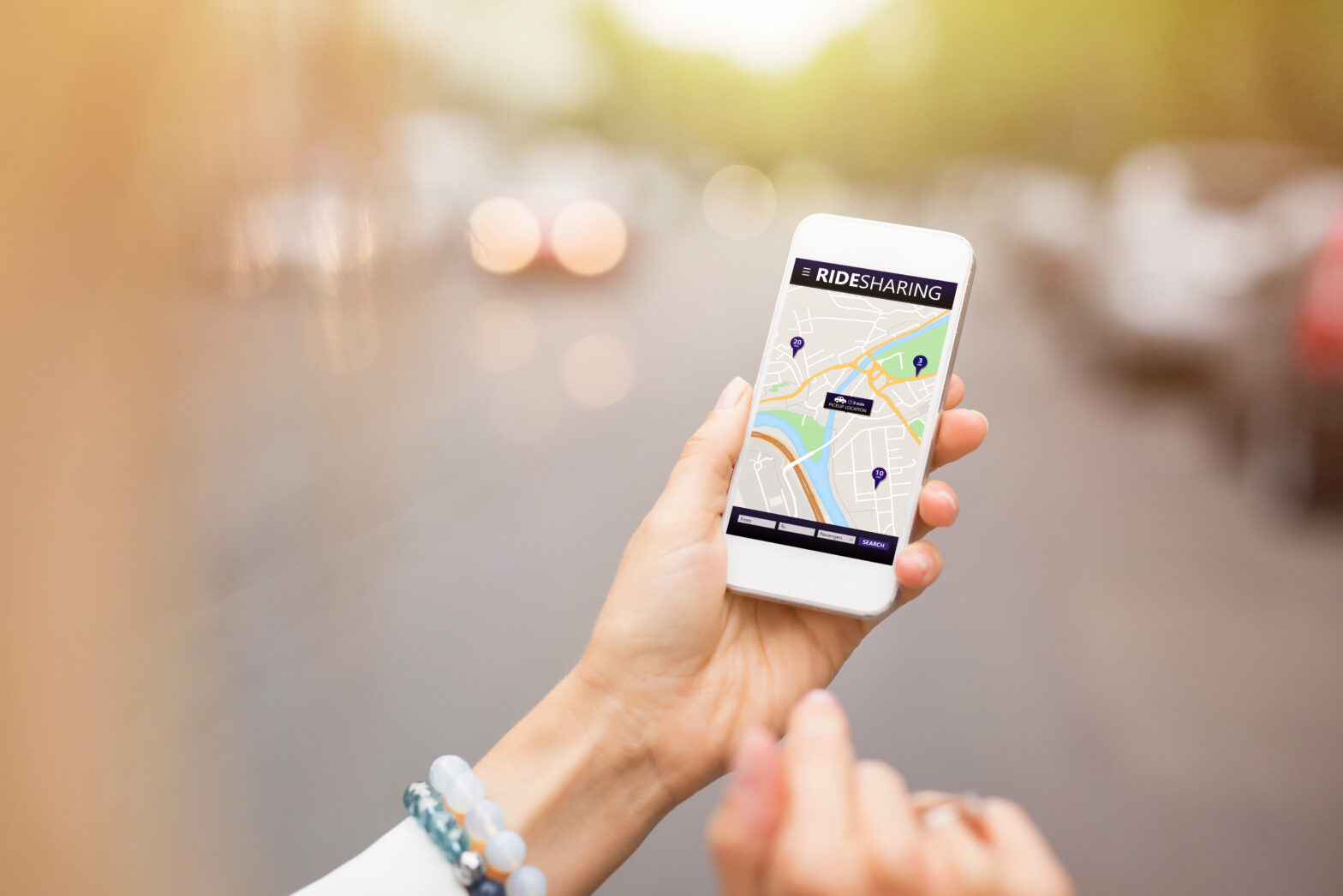Many of us participate in the sharing economy without even realising it – ordering a taxi via an app, for example, or booking a hotel from your smartphone.
This new economy is allowing millions of people to create and innovate, discovering new customers and new ways of working in the process.
From borrowing things to renting homes, the sharing-based economy shows no sign of abating – and it is being driven by technology. But how does it manifest itself? Here are five ways tech is affecting the sharing economy.
>See also: Riding the data-sharing economy innovation wave: sink or swim?
1. It is shaking things up
The technology that is powering the sharing economy can be described as ‘disruptive’ in that it challenges traditional and established modes of doing business. Some of these modes have been in existence for hundreds of years.
Take the automotive industry, for example. Self-driving cars pose a real disruptive challenge to car manufacturers around the world: they will have to embrace advanced ideas and ways of working if they are to truly benefit from the potential that technology could bring.
Disruptive technology is not necessarily a bad thing: in today’s fast-flowing age of advancement, it is the new normal, and those companies that keep the pace will be the first to benefit.
2. It is changing our day-to-day lives – for the better
Using technology to rent a van for the day or book a taxi is having a significant, positive impact on our day-to-day lives. Research by PwC found that, among adults familiar with the sharing economy, they see many benefits in it. Respondents said it makes life more affordable (86%), more convenient (83%), is better for the environment (76%), helps build a stronger community (78%) and is more ‘fun’ than engaging with traditional companies (63%).
This sense of sharing could well be having a knock-on effect on our attitudes to giving to charity, too. Research conducted by Wink Bingo and presented in this infographic found that 61% of people would help a stranger, 60% donate money and 33% volunteer in their spare time.
3. It is encouraging businesses to go patent-free
Lots of companies who develop ideas like to immediately patent them, protecting them for their use and their use only. But the sharing economy could be about to change all that, encouraging companies to be much more open and expansive with their research and development.
Speaking to PwC, Joey Bergstein, general manager and chief marketing officer at Seventh Generation, which makes green products for a variety of uses, explained that the company prefers not to patent its ideas.
“We don’t patent the technologies that we develop,” he said. “The belief is that we’ll create a better world if more and more companies find plant-based solutions that perform as effectively as conventional brands, rather than using petroleum-based chemicals to accomplish the same task.”
By sharing technology and ideas publicly, companies are able to connect with and help other like-minded businesses around the world.
4. It means reputation is made – or broken – online
Technology’s impact on the sharing economy has brought reputation right to the forefront once more. Technology now makes it incredibly easy to ‘rate’ a service you use, such as the Uber ride you got last night. You can rate the driver, and they, in turn, can rate you.
This shared review model, which nearly always takes place online, helps determine whether other people will use the service you rated. Bad reviews can mean no business at all – good ones can mean plenty.
It is paving the way for a new kind of customer service, one that puts online reviews at the heart of the sharing economy. Through technology, personal interactions like these are much more prominent today.
>See also: The evolution of the sharing economy
5. It is changing the way we work
The sharing economy, and the technology that supports it, is rapidly changing the way we work. While not everyone is in favour of it, the sharing-based economy is offering workers much more flexible choices when it comes to choosing when and how often they work.
The Monday to Friday, 9 to 5 is increasingly becoming a thing of the past, giving way to something far less rigid and much more flexible. Instead, people are choosing to work when it suits them, meaning that they have more time to focus on personal projects and be with their friends and family.
The sharing economy has the potential to completely overhaul the way businesses operate and the way employees work. In turn, it is creating a whole new way of working that is finely attuned to the rapid pace of technological change we see today. The new Industrial Revolution? Quite possibly.









